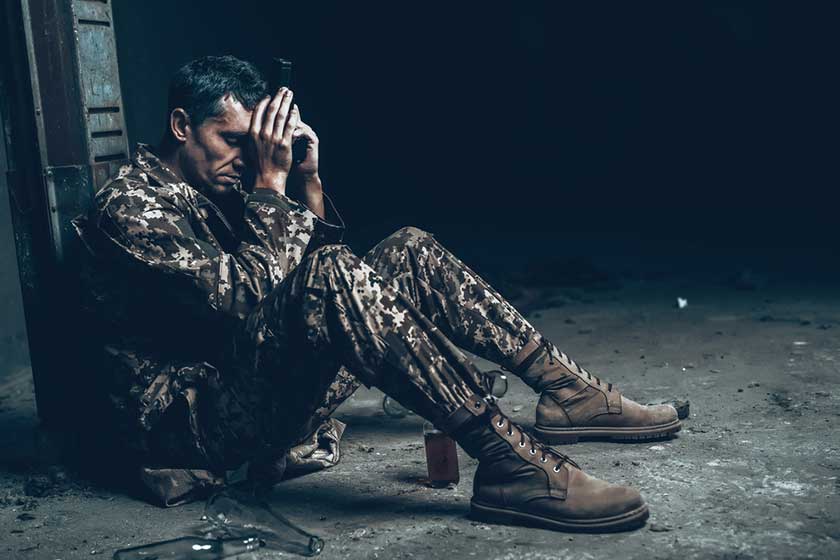Returning to civilian life can feel like a major adjustment for those who have served in the military. While veterans may have enjoyed the sense of purpose that came with their service, they may be unsure how to find that sense of purpose again after leaving the service. One way to help them is by joining a Senior Community In Haltom, TX that has specific programs and resources for veterans. Here’s how:
Providing a Sense of Purpose
If you’re a veteran, you know the importance of having a sense of purpose in life. Whether it’s your career or other activities that make up your daily routine, having something to look forward to and strive towards can help reduce stress and anxiety while making time pass by more quickly.
A senior Living community can provide this sense of purpose through its many activities and programs. Many veterans have found their new home in such communities because they offer so much more than just housing services–they provide opportunities for people over 60 years old (and sometimes even younger) who want to make new friends while participating in various activities together!
Easy Access to Care
Veterans are often reluctant to seek help for mental health issues. The stigma surrounding mental health can be especially strong within the military community, where many veterans feel that asking for help means they’re weak or less than their peers.
This isn’t true, though-and there are plenty of resources available to veterans in need. In addition to traditional therapy and medication options, many senior living communities have counselors who specialize in treating war trauma specifically (or at least understand its effects). These counselors can help you find the care you need and provide support during your recovery process so that you can eventually lead a full life again.
Social workers at Senior Living communities work closely with residents who have experienced war trauma, helping them manage their symptoms and develop healthy coping mechanisms so they can live full lives again. Social workers form relationships with each resident over time to better understand their needs; this allows them to provide individualized care plans tailored specifically for each person’s needs based on their circumstances (e.g., whether they have PTSD).
Support From Others Who Have Been Through The Same Experiences
A Senior Living community can also offer support from others who have been through the same experiences. Peers with similar experiences can offer a unique perspective on how to cope with war trauma, which may be different from what you’ve heard from doctors or family members. They could also share helpful tips for overcoming challenges specific to your situation and life as a veteran.
Provide Physical Activities To Help Them Cope With The Trauma
Physical activities are a great way to help veterans cope with the stress and anxiety of war trauma. Staying active can help you feel better about yourself, making it easier to deal with your emotions.
Physical activity can also improve your overall health and well-being, making it easier to recover from any physical injuries sustained during combat. Veterans must maintain their fitness levels, so they don’t become unhealthy as they age.
Conclusion
War is a traumatic experience that can have devastating consequences. Even veterans who don’t have PTSD or other mental illnesses may struggle with their experiences in combat. The good news is that there are many ways to help veterans overcome these challenges, including finding a community where they can feel safe and supported as they learn how to live with their pasts.






